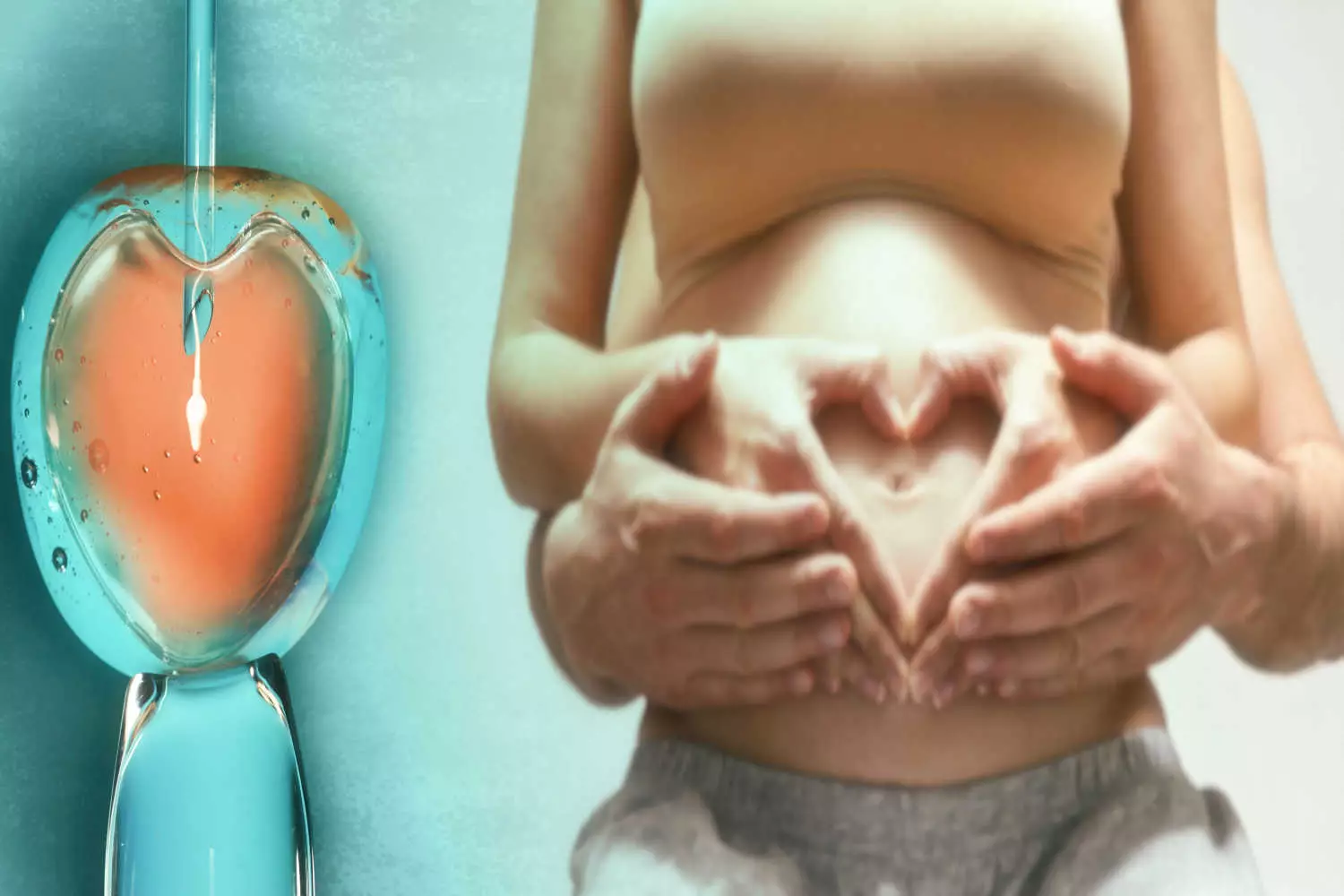
Early Signs That Labor is Coming Soon
4 min readWritten by Editorial Team


Pregnancy completes a woman and its final culmination in the delivery of a child brings immense happiness and satisfaction. It feels like a rebirth for a woman. This is because things are not completely known. If all goes normal a woman delivers after 40 weeks from the first date of her last menstrual cycle. This period is only an approximation. Delivery could happen, in many cases earlier than the expected date of delivery. Therefore, it is very important to know the early signs that labor is coming soon.
In this article, you come across the causes of premature delivery. We also provide you with information on signs of upcoming labor to look out for. Once you see these signs, it is good to call the doctor and check it out or directly go to the hospital for labor.
In The Article
List of Top 5 Early Signs That Labor is Near
Women in the third trimester eagerly await the arrival of the baby into this world. For this, they are always on the lookout for early signs which may signify that they are in labor. Some of these are:
1. Breaking of Water
This happens when the amniotic sac tears and the fluid comes out. This is the fluid around the baby. It usually trickles or in some cases might just gush out through the vagina. This is one of the most common signs of the onset of labor as you will have no control over this gushing liquid.
2. Regular Contractions

This will feel like pain during a menstrual cycle. The contractions will usually be 20 to 30 minutes apart. It will be lower back pain and could move from the back to the front or reverse. It is good to note how long these contractions last and what is the gap between two contractions.
Initially, these will be irregular and become regular as labor progresses. Usually, if contractions happen once every 3 to 5 minutes and last for a full minute, it means that you are in labor. Also, if the contractions are longer, stronger, or do not stop or slow down, these indicate the onset of labor.
3. Vaginal Discharge
Discharge from the vagina also indicates the onset of labor, This will be thick and jellylike and will be pink or brown in color. This happens when the cervix dilates. Some women notice this specifically though in others it may be accompanied by water breaking, so will go unnoticed.
4. Shivering
Some women shiver and tremble during early labor. You can take care of this with deep breathing exercises or a warm shower. When the baby drops lower into your pelvis and you can breathe a little easier, it could be the start of labor.
5. Diarrhea
In many cases, the woman will have diarrhea during the start of labor. This is because the body naturally makes way for the baby by emptying the bowels. Also, the body produces a hormone called prostaglandins which soften the cervix and dilate it. This hormone helps the uterus to contract. But it also stimulates the bowels, thus causing the passing of stools or diarrhea.
[Read : What Is Premature Delivery?]
Premature Delivery

As the term already signifies, it is the state of the body getting ready early for delivery and having contractions earlier than 37 weeks of pregnancy. Usually, the longer the baby is inside the mother, the more chances it has of not having any birth problems. So preterm labor brings with it the risk of birth problems.
Causes of Premature Delivery
There are a number of reasons why babies are born premature. These are:
- Smoking or drinking alcohol.
- Being underweight or overweight before pregnancy.
- Having high blood pressure or diabetes.
- Being pregnant with twins or triplets.
- Becoming pregnant again very soon after a previous delivery.
- Having a family history of premature delivery.
- Not getting good prenatal care.
Symptoms of Preterm Labor
Premature delivery does not mean that the baby won’t survive. It is just that it would not have developed like a full-term baby. But it is good to recognize the symptoms of preterm labor. These are:
- Severe pain in the lower back that will not allow any work to be done comfortably. It might be a recurring pain.
- Painful contractions once every ten minutes.
- Menstrual-like cramps and pain in the abdominal region.
- Vaginal leaking. There could be fluid or discharge coming out of the vagina.
- Situations where there is continuous nausea, vomiting, or diarrhea.
- Bleeding from the vagina whether light or heavy.
- Pressure in the pelvic region or vagina.
When the baby has been in a mother’s body for 40 weeks it is called a term baby. If born earlier than 37 weeks, it is called a premature baby. Premature babies need additional care and eventually grow normally in most cases. It is important for women in the last few weeks of pregnancy to keep an eye out for any signs of labor.
Read Also: Labor And What It Involves
FAQ’s
1. Does The Baby Move a Lot Before Labor?
Yes, the baby will continue to move until labor starts, and this movement will continue throughout the early stages of labor. Some women report that their baby moves a lot in the days leading up to birth. One possible explanation is an increase in Braxton Hicks’s contractions. The movement pattern, however, may shift. The baby may wiggle or shuffle instead of kicking the womb. The sensation of the baby’s movement offers confidence that the infant is healthy.
2. Can Labor Start Suddenly Without Warning?
While labor often lasts for many hours or even days, it may sometimes begin quickly with little to no notice. This is termed “precipitous labor,” and it occurs in less than 5 percent of all deliveries. When a baby is delivered in less than three hours after regular contractions have begun, this is known as precipitous labor. The likelihood of having another premature delivery increases after the first.

Editorial Team,
With a rich experience in pregnancy and parenting, our team of experts create insightful, well-curated, and easy-to-read content for our to-be-parents and parents at all stages of parenting.Read more.
Responses (0)
Want curated content sharply tailored for your exact stage of parenting?
Related articles

Top Baby Girl Names That Start With J

Bradley Method of Childbirth – What is it and Top Benefits

Impact of High Blood Pressure on Baby During Pregnancy by Dr Lathiesh Kumar Kambham

Normal Delivery After Fertility Treatments – Tips to Improve The Chances

Eno During Pregnancy – Is it Safe to Consume and Best Alternatives

Amniotic Fluid – It’s Role And Importance During Pregnancy
Sponsored content
Discover great local businesses around you for your kids.
Get regular updates, great recommendations and other right stuff at the right time.





